The Impact of Social Media on Self-esteem
This article explores how social media influences individual self-esteem, examining both positive and negative effects, and providing insights into managing self-worth in a digital age.
Self-esteem refers to the perception one has of their own worth. It's that inner voice that tells you whether you're good enough, smart enough, or capable enough. But what exactly makes up self-esteem? It encompasses several components, including self-confidence, self-acceptance, and the ability to value oneself. Understanding these elements is crucial because self-esteem plays a significant role in our mental health and personal development. When we feel good about ourselves, we're more likely to take risks, pursue our passions, and foster healthy relationships. Conversely, low self-esteem can lead to anxiety, depression, and a host of other mental health issues. So, how do we navigate this complex landscape, especially in an age dominated by social media?
Social media platforms have transformed the way we communicate and express ourselves. They are like double-edged swords; they can either uplift us or bring us down. On one hand, they provide a space for connection and creativity, while on the other, they can foster comparison and negativity. For many, particularly the youth, social media is a significant part of their identity. It's where they share their lives, seek validation, and connect with peers. But how does this constant interaction shape our self-esteem? The answer is complex, and it often depends on how we engage with these platforms.
While social media often gets a bad rap, it can actually enhance self-esteem in various ways. For instance, it provides support networks that can be incredibly uplifting. Imagine being part of an online community where everyone shares similar interests or struggles—this can foster a sense of belonging that is crucial for self-esteem. Additionally, social media encourages self-expression. Users can share their stories, showcase their talents, and connect with others in ways that were previously unimaginable. This can lead to increased confidence and a heightened sense of self-worth.
Online groups can create a sense of belonging, which is vital for self-esteem. These communities often empower individuals by validating their experiences. For example, someone struggling with a specific issue can find others who share their challenges, creating a support system that reinforces their self-worth. When we see that we are not alone in our struggles, it can be incredibly liberating. It's like finding a family that understands you, even if it's through a screen.
Social media allows users to express themselves creatively. Whether it's through art, writing, or simply sharing everyday moments, the act of putting oneself out there can be a huge confidence booster. When individuals receive positive feedback on their posts, it reinforces their sense of identity and worth. This is especially important for young people who are still figuring out who they are. By sharing their talents and stories, they can discover their voice and build a more robust self-image.
Conversely, social media can also harm self-esteem through comparison and cyberbullying. It's easy to fall into the trap of comparing our everyday lives to the highlight reels of others. This can lead to feelings of inadequacy and self-doubt. Moreover, cyberbullying is a harsh reality for many users, especially teenagers. The anonymity of the internet can embolden individuals to say things they would never say face-to-face, resulting in emotional scars that can last a lifetime.
Understanding the negative aspects of social media is vital for maintaining healthy self-esteem. It's not enough to simply recognize these influences; we must also develop strategies to mitigate their effects. One effective way to do this is by setting boundaries around social media use. Establishing limits can protect mental health and help maintain a positive self-image. Additionally, promoting digital literacy is crucial. Educating users about the realities of social media can empower them to navigate online content critically, helping them to distinguish between reality and curated online personas.
Establishing limits on social media use can protect mental health. Here are some practical tips:
- Set specific times for social media use.
- Unfollow accounts that make you feel bad about yourself.
- Take regular breaks from social media to recharge.
Educating users about the realities of social media can empower them. Understanding that what we see online is often a curated version of reality can help mitigate feelings of inadequacy. Critical thinking skills are essential in navigating online content and recognizing its impact on self-esteem.
Q: How can I improve my self-esteem while using social media?
A: Focus on following positive accounts that uplift you, engage in supportive communities, and take breaks when you feel overwhelmed.
Q: What should I do if I experience cyberbullying?
A: Report the behavior to the platform, reach out to trusted friends or family for support, and consider speaking to a professional if needed.
Q: Can social media be beneficial for my mental health?
A: Yes, when used mindfully, social media can provide support, foster connections, and encourage self-expression, all of which can enhance self-esteem.

Understanding Self-esteem
Self-esteem is a complex and multifaceted concept that encapsulates how we perceive our own worth. It's not just about feeling good or bad about ourselves; rather, it's an intricate tapestry woven from various threads of personal experiences, societal expectations, and emotional responses. Imagine self-esteem as a delicate balance scale. On one side, you have your accomplishments, relationships, and personal values, while on the other, you have your failures, criticisms, and insecurities. The equilibrium of this scale can significantly influence our mental health and overall well-being.
At its core, self-esteem consists of several components, including self-confidence, self-acceptance, and a sense of belonging. Self-confidence is about believing in your abilities and trusting your judgment. On the other hand, self-acceptance involves recognizing and embracing your flaws and strengths alike. Lastly, a sense of belonging is crucial; humans are inherently social beings, and feeling connected to others can significantly bolster self-esteem. Without these elements, individuals may struggle to maintain a positive view of themselves.
Moreover, self-esteem plays a vital role in personal development. It influences how we set goals, tackle challenges, and respond to setbacks. For instance, a person with high self-esteem is more likely to take risks and pursue opportunities, while someone with low self-esteem may shy away from challenges due to fear of failure. This dynamic relationship between self-esteem and personal growth is akin to a plant needing sunlight and water to thrive. Just as a plant grows stronger with the right conditions, so too does our self-esteem flourish when nurtured properly.
In today's fast-paced digital world, understanding self-esteem has become even more critical. Social media, peer pressure, and societal standards can impact how we view ourselves. For example, scrolling through perfectly curated feeds can lead to unhealthy comparisons, making us feel inadequate. Conversely, positive reinforcement from online communities can uplift our spirits. Thus, the importance of self-esteem cannot be overstated; it is the foundation upon which we build our lives, relationships, and aspirations.
In summary, self-esteem is not merely a fleeting feeling but a deep-seated belief system that affects every aspect of our lives. By fostering a healthy self-esteem, we can navigate the complexities of life with resilience and confidence. Understanding this concept is the first step toward enhancing our mental health and embracing a more fulfilling existence.
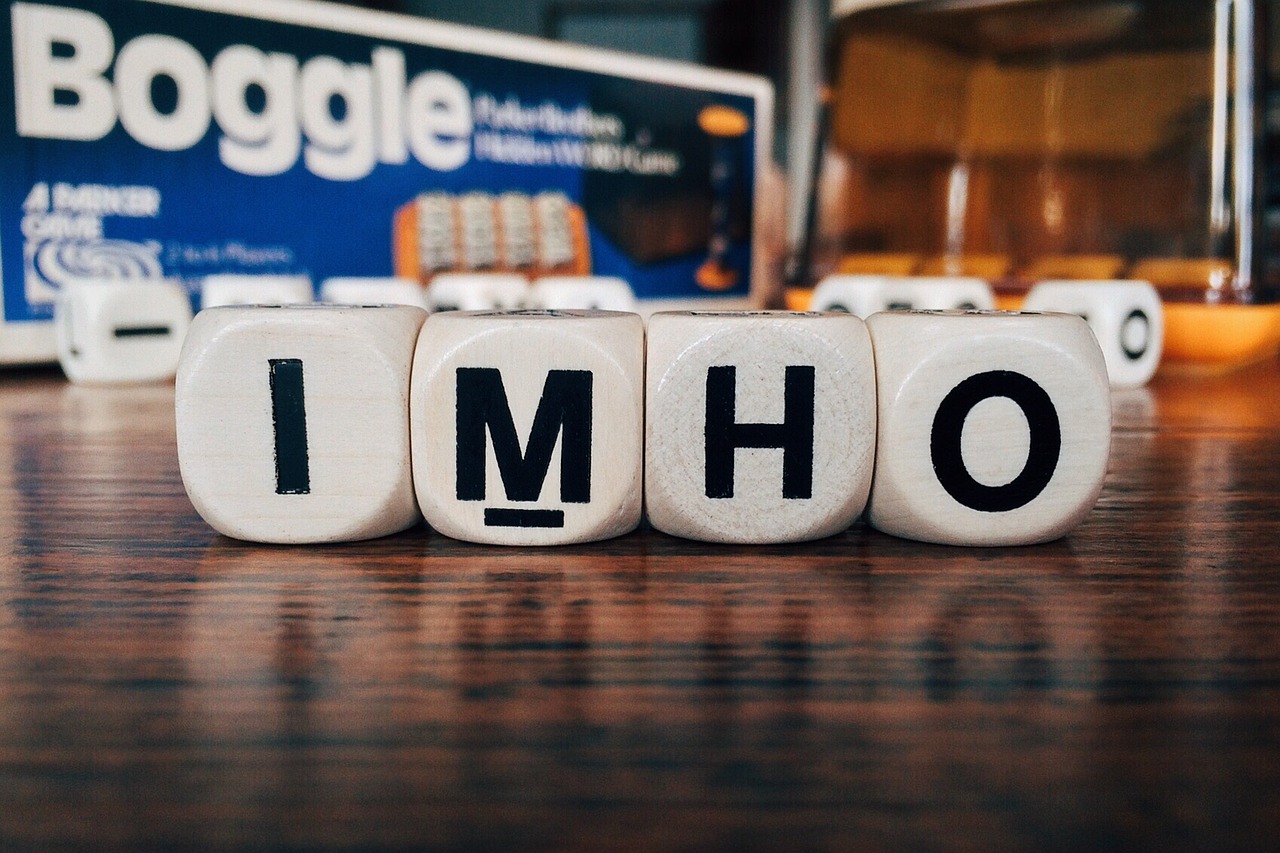
The Role of Social Media
Social media has become a significant part of our daily lives, influencing how we communicate, share, and express ourselves. It’s not just a platform for sharing cute cat videos or vacation photos; it has morphed into a powerful tool that shapes our identities and perceptions. Think about it: every time you scroll through your feed, you’re not just consuming content; you’re also absorbing messages about what is deemed valuable or desirable in our society. This can have a profound impact on self-esteem, especially among young people who are still forming their identities.
Platforms like Instagram, Facebook, and TikTok are more than just social networking sites; they are arenas where self-worth is often measured against likes, shares, and comments. The pressure to present a curated version of oneself can lead to a constant cycle of comparison. Users may find themselves asking, “Why didn’t I get as many likes as that post?” or “Why can’t I look like that influencer?” These questions can create a toxic environment where self-esteem is tied to external validation. However, it’s essential to recognize that not all aspects of social media are detrimental.
On the flip side, social media can also serve as a powerful tool for self-discovery and personal growth. It allows individuals to explore their interests, connect with like-minded people, and share their unique stories. For many, social media acts as a platform for self-expression, where they can showcase their talents and passions. This can lead to increased confidence and a sense of belonging. For instance, someone who posts their artwork online may receive encouragement and feedback that boosts their self-esteem, reinforcing their identity as an artist.
In this digital age, it’s crucial to understand the dual role of social media in shaping self-esteem. It can either uplift or diminish our sense of self-worth. The key lies in how we engage with these platforms. Are we using them to connect and uplift, or are we falling into the trap of comparison and negativity? By being mindful of our social media habits, we can harness its positive aspects while mitigating the negative effects.
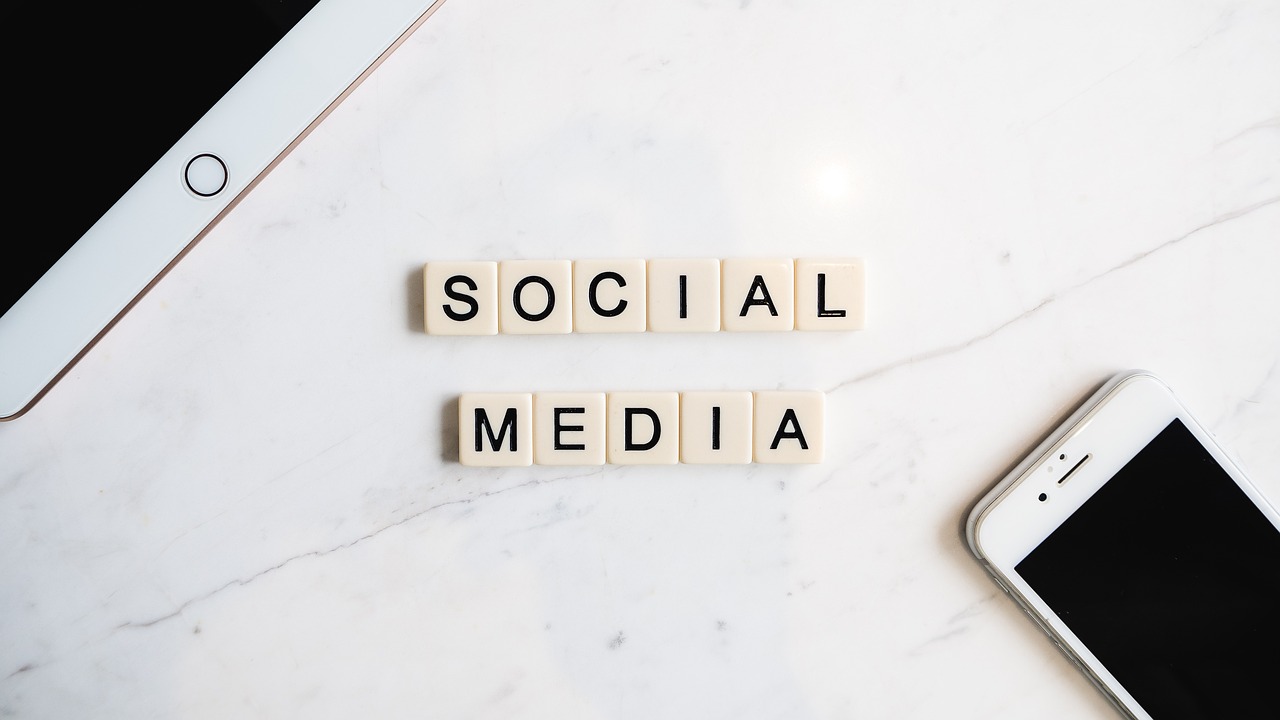
Positive Effects of Social Media
While social media often gets a bad rap, it's essential to recognize the positive effects it can have on self-esteem. For many, these platforms serve as a lifeline, offering a space to connect, share, and grow. Imagine a world where you can showcase your talents, receive encouragement from friends and strangers alike, and find communities that resonate with your experiences. This is the reality for countless users who harness the power of social media to boost their self-worth.
One of the most significant benefits is the creation of supportive networks. Online communities can be incredibly empowering. For instance, individuals who might feel isolated in their daily lives can find solace in groups that share their interests or struggles. Whether it's a Facebook group for mental health, an Instagram page dedicated to body positivity, or a Twitter thread for artists, these platforms can foster a sense of belonging. When people interact in these spaces, they often find validation and support, which can significantly enhance their self-esteem.
Moreover, social media encourages self-expression. Users have the opportunity to share their stories, art, and passions with a global audience. This creative outlet can be a powerful confidence booster. When someone posts a piece of art or a personal story and receives positive feedback, it not only uplifts them but also reinforces their sense of identity. The act of sharing can be therapeutic, allowing individuals to embrace their uniqueness and celebrate their achievements.
To illustrate, consider the following table showcasing the positive impacts of social media on self-esteem:
| Positive Impact | Description |
|---|---|
| Support Networks | Online communities provide validation and a sense of belonging. |
| Creative Expression | Platforms allow users to share their talents and stories, boosting confidence. |
| Inspiration | Exposure to diverse perspectives can motivate individuals to pursue their passions. |
In summary, social media can be a double-edged sword. While it has its pitfalls, the positive effects are undeniable. By building supportive communities and encouraging self-expression, these platforms can play a crucial role in enhancing self-esteem, particularly among the youth. The key lies in how individuals choose to engage with these digital spaces. So, the next time you scroll through your feed, remember that you have the power to shape your online experience positively.
- Can social media really improve self-esteem? Yes, when used positively, social media can provide support and foster connections that enhance self-worth.
- What are some ways to find supportive communities online? Look for groups or hashtags related to your interests or struggles on platforms like Facebook, Instagram, or Reddit.
- How can I ensure my social media experience is positive? Set boundaries for usage, follow uplifting accounts, and engage in communities that promote positivity.
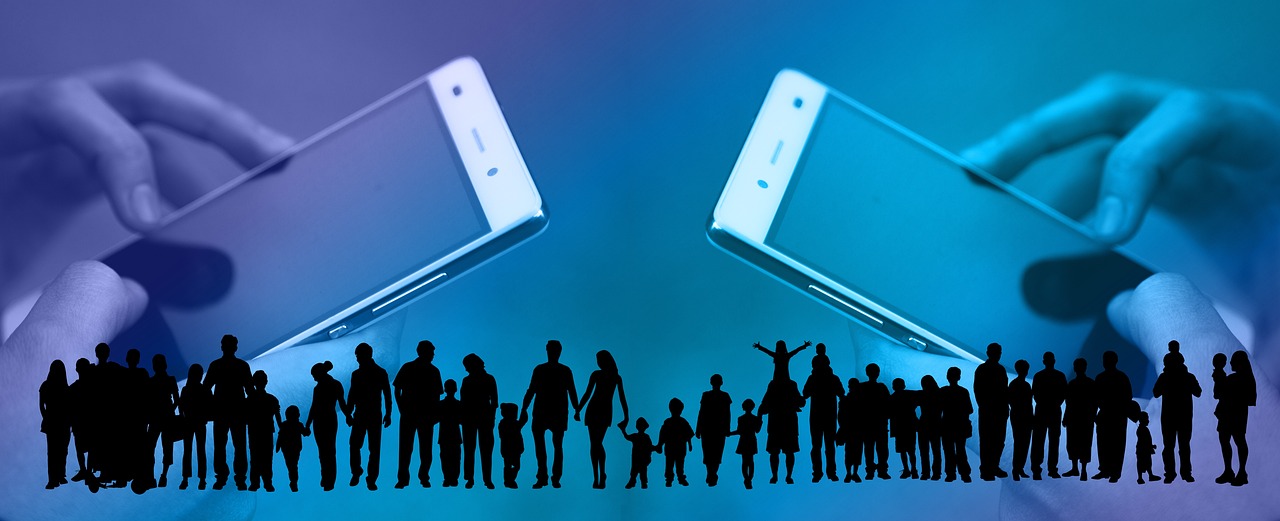
Building Supportive Communities
In today's digital landscape, online has become more crucial than ever. These virtual spaces provide a haven where individuals can connect, share their experiences, and support one another. Imagine walking into a room full of people who understand your struggles and celebrations; that’s what online communities aim to replicate. They foster a sense of belonging that can be incredibly beneficial for self-esteem, especially for those who may feel isolated in their offline lives.
One of the greatest strengths of these communities is their ability to validate personal experiences. When individuals share their stories, they often find others who have faced similar challenges. This shared understanding can alleviate feelings of loneliness and self-doubt. For example, consider a young person struggling with body image issues. In a supportive online group, they can express their thoughts and receive encouragement from peers who have walked the same path. This validation is a powerful tool for enhancing self-worth.
Moreover, supportive communities often encourage members to engage in positive reinforcement. Whether it’s through likes, comments, or direct messages, the feedback received can significantly uplift one’s spirits. Such interactions can transform a person’s day, reminding them that they are valued and appreciated. In fact, studies have shown that individuals who participate in supportive online communities report higher levels of happiness and lower levels of anxiety.
However, it’s important to note that not all online communities are created equal. Some may inadvertently foster negativity or competition, which can harm self-esteem rather than bolster it. Therefore, it’s essential to seek out groups that prioritize support and kindness. Here are some characteristics of healthy online communities:
- Encouraging Environment: Members uplift each other, celebrating successes and providing comfort during tough times.
- Respectful Communication: Discussions remain constructive, avoiding harsh criticisms and personal attacks.
- Diversity and Inclusion: A range of voices and perspectives are welcomed, enriching the community experience.
Ultimately, the goal of building supportive communities is to create an atmosphere where everyone feels they belong. When individuals can express themselves freely and receive encouragement, their self-esteem flourishes. As we continue to navigate the complexities of social media, let’s aim to cultivate spaces that empower and uplift, reminding us all of the importance of connection in enhancing our self-worth.
Q: How can I find a supportive online community?
A: Look for groups that align with your interests or challenges on platforms like Facebook, Reddit, or specialized forums. Read reviews and observe interactions to ensure they promote positivity.
Q: What should I do if I encounter negativity in an online community?
A: It’s best to disengage from negative interactions. Consider reporting harmful behavior to moderators and seek out healthier spaces that align with your values.
Q: Can online communities really impact my self-esteem?
A: Absolutely! Positive interactions and shared experiences can significantly boost your self-worth and help you feel more connected to others.
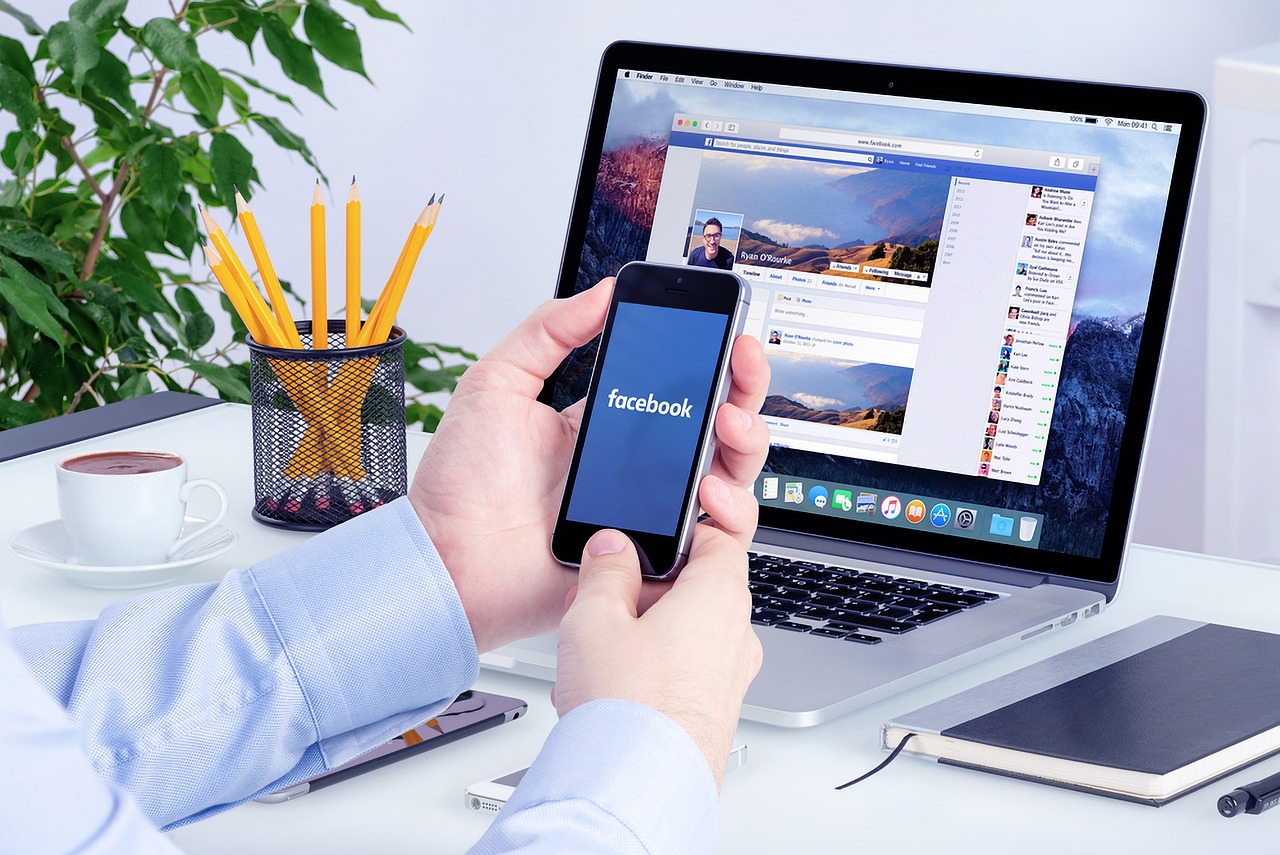
Encouraging Self-expression
Social media is like a vast canvas where individuals can paint their thoughts, feelings, and experiences. In this digital age, platforms such as Instagram, TikTok, and Twitter have become powerful tools for self-expression. Imagine standing in front of a giant mirror that reflects not just your image but your creativity, passions, and even your struggles. This is what social media offers—a space to showcase who you are, beyond the limitations of everyday interactions.
When users share their personal stories, whether through heartfelt posts, vibrant photos, or engaging videos, they open up a dialogue that can resonate with others. This act of sharing can significantly boost self-worth and confidence. For instance, consider someone who posts a video of their original dance routine. Not only are they expressing their talent, but they are also inviting feedback and connection from viewers. Positive comments and engagement can create a sense of accomplishment, reinforcing their belief in their abilities.
Moreover, social media encourages creativity in a way that traditional forms of expression may not. Users can experiment with different styles, formats, and ideas, allowing them to discover new aspects of themselves. Think of it as a playground for creativity, where every like, share, or comment can serve as validation for one's artistic endeavors. This validation can be a powerful motivator, pushing individuals to pursue their passions further and explore new avenues of self-expression.
However, it’s essential to acknowledge that not all interactions are positive. The risk of negative feedback can be daunting. To mitigate this, users should focus on creating a supportive network. Engaging with friends or communities that celebrate creativity can foster a more positive environment. Here are a few tips to encourage self-expression while navigating social media:
- Find Your Tribe: Connect with like-minded individuals who share your interests and values.
- Celebrate Small Wins: Acknowledge your progress and creativity, no matter how small.
- Limit Comparisons: Focus on your journey rather than comparing your content to others.
In conclusion, social media serves as a double-edged sword when it comes to self-expression. While it provides an incredible opportunity to showcase individuality and creativity, it also requires a mindful approach to ensure that the experience remains uplifting. By embracing the positive aspects of social media and fostering a supportive community, individuals can enhance their self-esteem and cultivate a strong sense of self-worth in this interconnected world.
- How can social media improve my self-esteem?
Social media can enhance self-esteem by providing a platform for self-expression, connecting with supportive communities, and receiving positive feedback on your content. - What should I do if I receive negative comments on my posts?
Focus on the positive feedback, limit engagement with negativity, and consider the source of the comments. Surround yourself with supportive individuals who uplift you. - Can spending too much time on social media affect my self-esteem?
Yes, excessive social media use can lead to negative comparisons and feelings of inadequacy. It's important to set healthy boundaries for your online interactions.
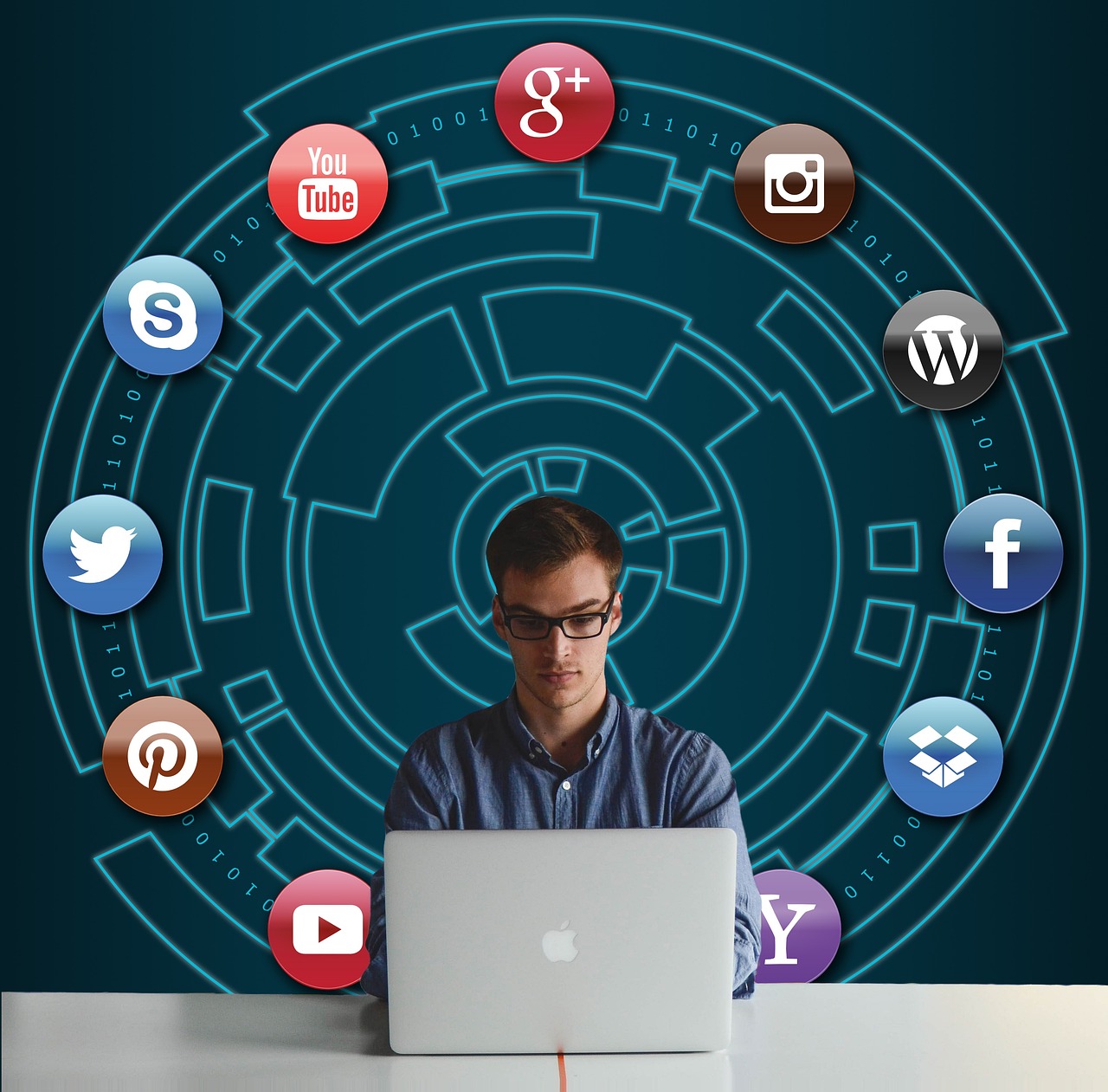
Negative Effects of Social Media
While social media can be a powerful tool for connection and expression, it can also have significant negative effects on an individual's self-esteem. One of the most pervasive issues is the tendency for users to engage in social comparison. When scrolling through curated feeds filled with perfectly filtered images and seemingly perfect lives, it's easy to fall into the trap of measuring your worth against others. This constant comparison can lead to feelings of inadequacy and self-doubt. You might ask yourself, "Why don't I look like that?" or "Why can't I have that lifestyle?" Such thoughts can chip away at your self-esteem over time.
Moreover, the phenomenon of cyberbullying is another dark aspect of social media that can severely impact mental health. Unlike traditional bullying, which often has a clear end point, cyberbullying can persist 24/7. Victims may find themselves subjected to harsh comments, exclusion, or even threats, all while feeling trapped in a digital world that feels inescapable. The anonymity of the internet can embolden individuals to say things they would never say face-to-face, leading to a toxic environment that can erode self-worth.
Additionally, the pressure to maintain a certain online persona can be overwhelming. Many users feel compelled to present an idealized version of themselves, leading to a disconnect between their online and offline identities. This disparity can create a sense of inauthenticity, making individuals feel as though they are not living up to their own expectations or those of their peers. The constant need to seek validation through likes, shares, and comments can also foster a reliance on external approval for self-worth, which is a slippery slope.
It’s essential to recognize these negative influences as they can lead to serious mental health issues, including anxiety and depression. Research has shown that individuals who spend more time on social media often report feeling less satisfied with their lives. To illustrate this point, consider the following table that outlines some common negative impacts of social media on self-esteem:
| Negative Impact | Description |
|---|---|
| Social Comparison | Measuring one's worth against others can lead to feelings of inadequacy. |
| Cyberbullying | Online harassment can cause significant emotional distress and damage self-esteem. |
| Pressure to Conform | Maintaining an idealized online persona can create feelings of inauthenticity. |
| Validation Seeking | Reliance on likes and comments can lead to a fragile sense of self-worth. |
In conclusion, while social media has its perks, it’s crucial to remain aware of its potential pitfalls. By understanding these negative effects, individuals can take proactive steps to mitigate them, ensuring that their online experiences contribute positively to their self-esteem rather than detract from it.
Q: How can I reduce the negative impact of social media on my self-esteem?
A: Consider limiting your time on social media, curating your feed to include positive influences, and focusing on real-life interactions.
Q: What should I do if I experience cyberbullying?
A: Report the behavior to the platform, seek support from friends or family, and consider speaking with a mental health professional.
Q: Is it possible to have a healthy relationship with social media?
A: Yes, by setting boundaries, practicing self-awareness, and engaging with content that uplifts you, you can maintain a positive online presence.
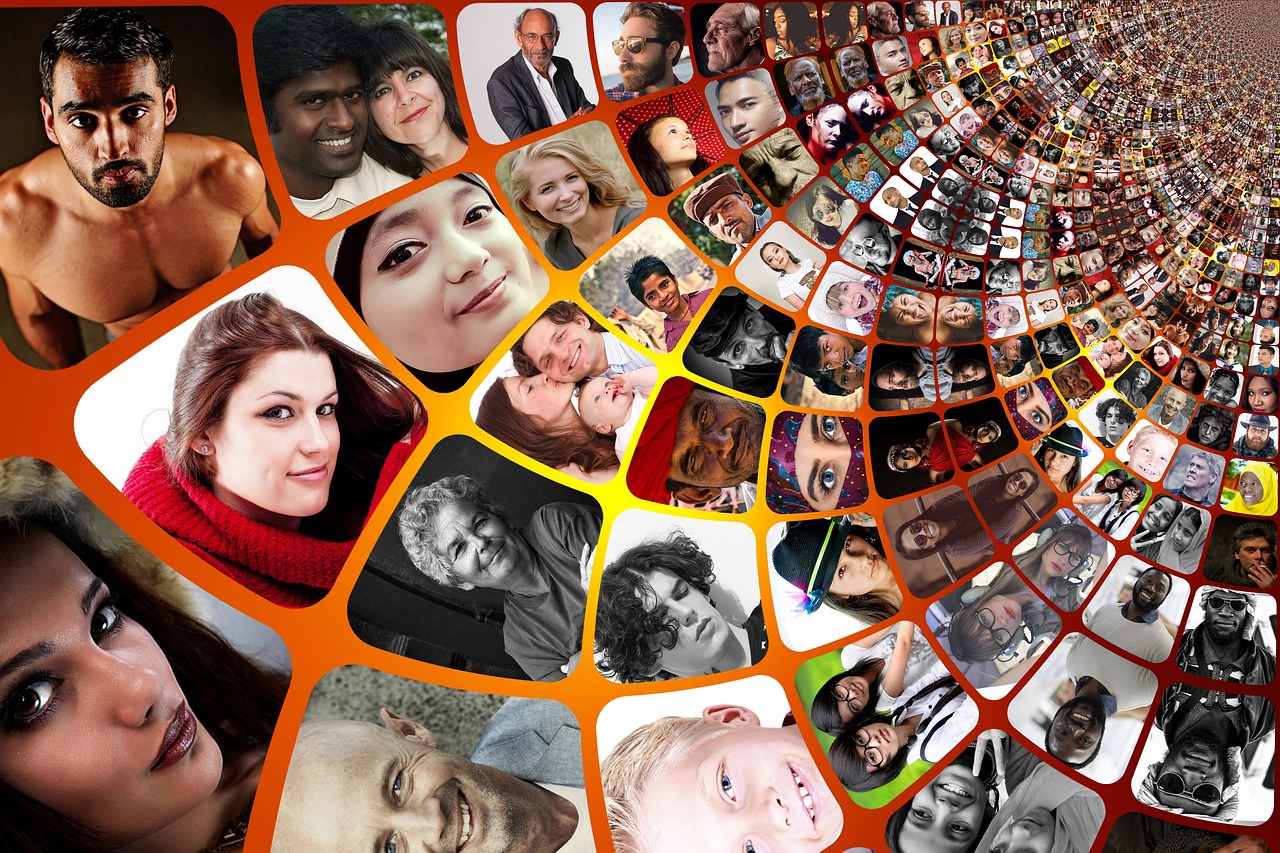
Combatting Negative Influences
In today's fast-paced digital world, understanding the negative influences of social media is crucial for maintaining a healthy self-esteem. The constant barrage of curated images and highlight reels can lead to feelings of inadequacy and self-doubt. However, there are effective strategies to combat these negative effects and cultivate a more positive online presence. By implementing these strategies, individuals can take control of their social media experiences and protect their mental well-being.
One of the first steps in combatting negative influences is setting boundaries. Establishing limits on how much time you spend on social media can significantly impact your mental health. Consider the following practical tips:
- Time Management: Use apps or built-in phone features to track and limit your social media usage. Setting a daily time limit can help you become more mindful of your online habits.
- Content Curation: Follow accounts that inspire and uplift you. Unfollow or mute accounts that trigger negative feelings or comparisons.
- Digital Detox: Schedule regular breaks from social media to recharge and reconnect with the real world. This can be as simple as a weekend away from your devices.
Another vital aspect of combatting negative influences is promoting digital literacy. Educating yourself and others about the realities of social media can empower users to navigate the online landscape more effectively. Understanding that many social media posts are heavily edited or curated can help mitigate feelings of inadequacy. Here are some key points to consider:
- Critical Thinking: Always question the authenticity of what you see online. Ask yourself if the content reflects reality or is simply a polished version of someone’s life.
- Media Literacy: Learn to analyze and evaluate the content you consume. This includes recognizing advertising, sponsored posts, and the impact of algorithms on your feed.
- Emotional Awareness: Be aware of how certain posts make you feel. If something consistently brings you down, consider distancing yourself from that content.
Moreover, building a supportive network offline can serve as a strong counterbalance to the negative influences of social media. Engaging with friends and family in person can provide the emotional support and validation that online interactions sometimes lack. Remember, while social media can enhance connections, it should never replace genuine human interaction.
Finally, fostering a mindset of self-compassion is essential. Instead of comparing yourself to others, focus on your journey and accomplishments. Celebrate your unique qualities and remember that everyone has struggles, even if they are not visible online. By practicing self-acceptance and gratitude, you can create a more resilient self-image that withstands the pressures of social media.
In conclusion, while social media can have negative influences on self-esteem, there are numerous strategies to combat these effects. By setting boundaries, promoting digital literacy, building supportive networks, and fostering self-compassion, individuals can navigate the digital landscape more effectively and cultivate a healthier self-image.
Q1: How can I tell if social media is affecting my self-esteem?
A1: If you find yourself feeling inadequate, anxious, or upset after scrolling through your feed, it may be a sign that social media is negatively impacting your self-esteem. Keep track of your emotions and consider taking breaks if needed.
Q2: What are some signs of unhealthy social media use?
A2: Signs include spending excessive time online, feeling compelled to check notifications, and experiencing negative emotions related to what you see on social media. If you notice these patterns, it might be time to reassess your social media habits.
Q3: Can social media ever be beneficial for self-esteem?
A3: Yes! When used mindfully, social media can foster connections, provide support, and encourage self-expression. It's all about how you engage with it and the content you choose to consume.
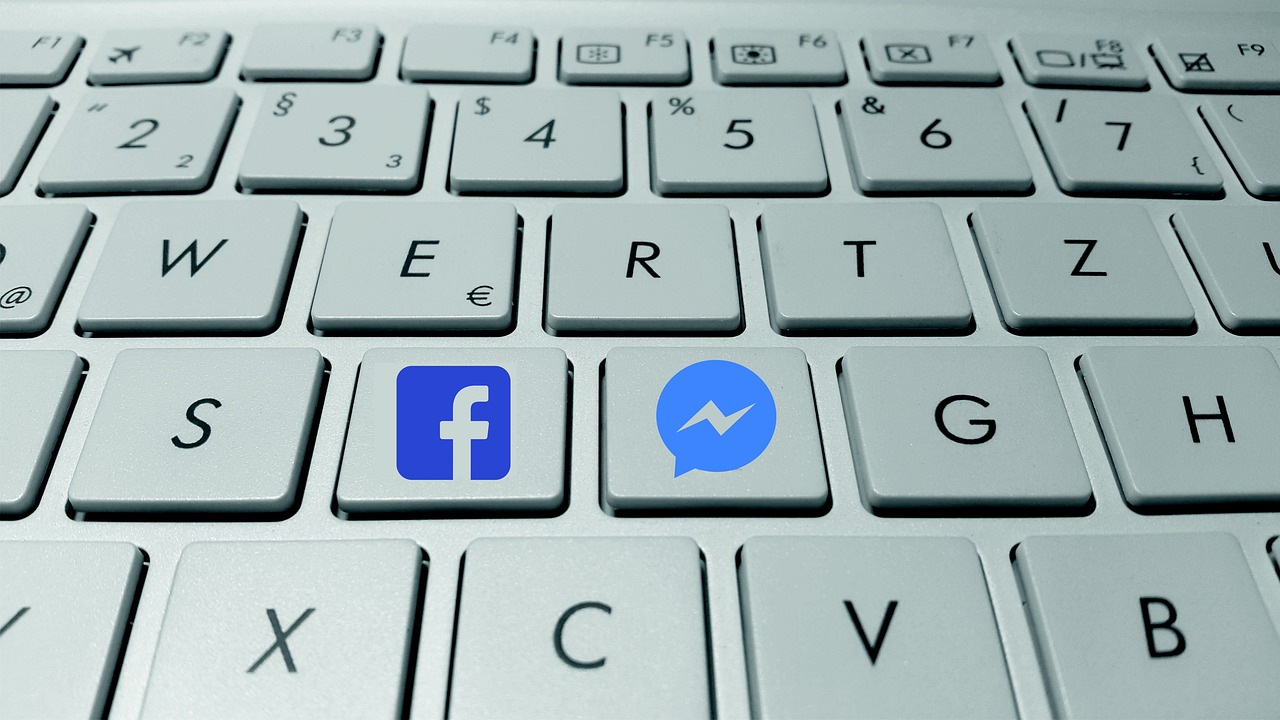
Setting Boundaries
In a world where social media is omnipresent, setting boundaries has become essential for maintaining a healthy self-esteem. Think of it like a fence around your garden; it keeps out the weeds that can choke your beautiful flowers. By establishing limits on your social media usage, you can protect your mental health and nurture your self-worth. So, how do you go about creating these boundaries in a digital landscape that often feels overwhelming?
First, consider the time you spend online. It's all too easy to lose track of hours scrolling through feeds filled with curated highlights of other people's lives. To combat this, you might want to set specific time limits for your social media interactions. For instance, you could allocate just 30 minutes each day to check in, rather than allowing it to consume your entire evening. This simple act can help you regain control and focus on your own life, rather than getting lost in the comparison game.
Moreover, it’s crucial to evaluate the content you consume. Not all social media accounts contribute positively to your self-esteem. If certain profiles make you feel inadequate or trigger negative emotions, it might be time to unfollow or mute them. Surrounding yourself with positive influences can create a more uplifting online environment. Think of it as curating your own digital gallery—only include pieces that inspire and empower you.
Another effective strategy is to designate social media-free zones in your daily routine. For example, you could choose to keep your mornings or evenings free from digital distractions. Instead, use this time to engage in activities that genuinely bring you joy, like reading a book, exercising, or spending quality time with loved ones. This not only enriches your life but also reinforces your sense of self-worth, reminding you that there’s more to life than likes and shares.
Lastly, don't hesitate to take breaks when needed. A social media detox can be incredibly beneficial, allowing you to reconnect with yourself without the noise of online validation. Even a short hiatus can provide clarity and perspective, helping you to realize that your worth is not defined by your online presence. Remember, the goal is to create a balanced relationship with social media, one that enhances your life rather than detracts from it.
In summary, setting boundaries on social media is about creating a healthy space for yourself. By managing your time, curating your feed, designating offline zones, and taking breaks, you can cultivate a more positive self-image and protect your self-esteem. After all, you are the gardener of your own mental landscape; nurture it wisely!
- How can I tell if social media is affecting my self-esteem?
Look for signs such as feeling anxious or inadequate after using social media, or frequently comparing yourself to others online. - What are some signs that I need to set boundaries with social media?
If you find yourself spending more time online than you intended, feeling drained after scrolling, or neglecting real-life relationships, it may be time to set limits. - How long should a social media detox last?
A detox can last anywhere from a few days to several weeks, depending on your needs. The key is to listen to your mind and body. - Can I still use social media and maintain my self-esteem?
Absolutely! With the right boundaries and mindset, social media can be a positive tool for connection and self-expression.
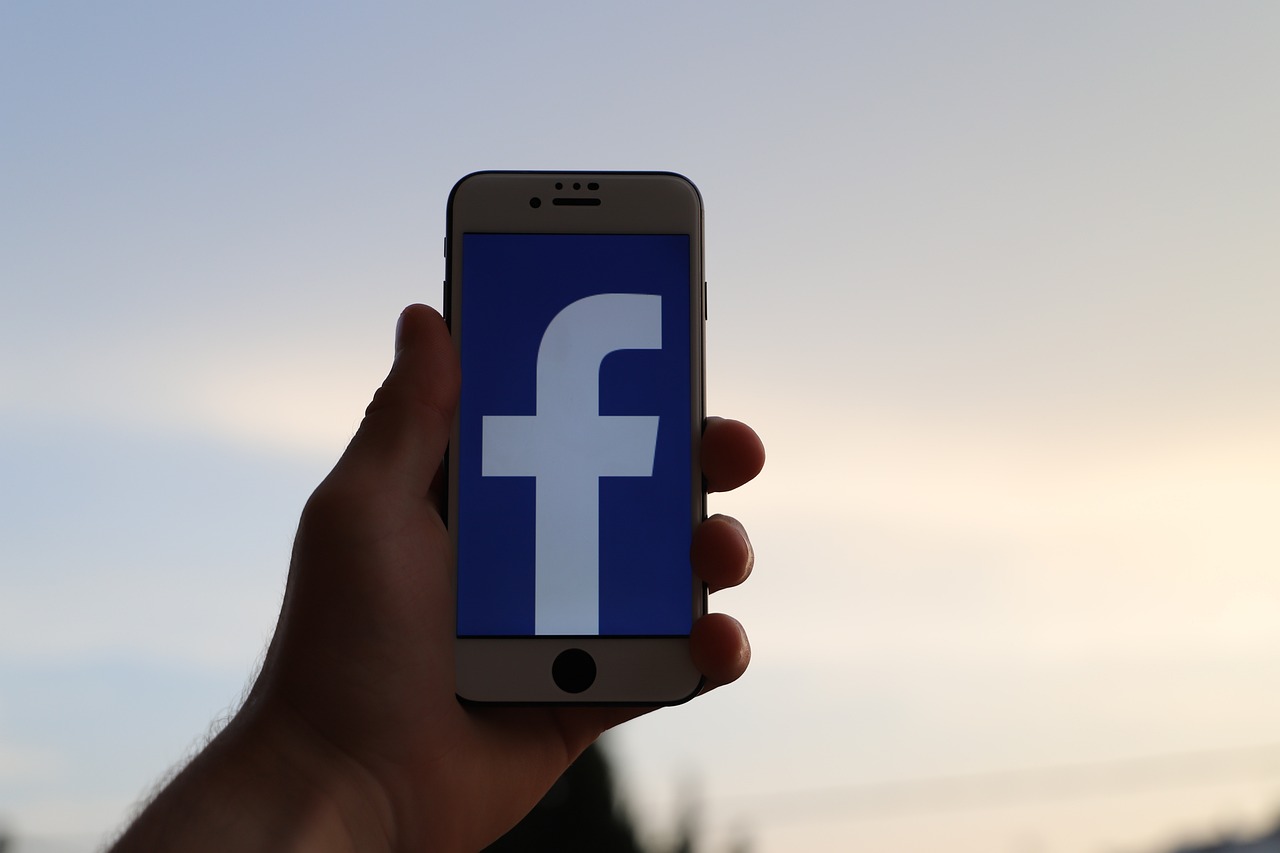
Promoting Digital Literacy
In today's fast-paced digital landscape, promoting digital literacy is more crucial than ever, especially when it comes to understanding the impact of social media on self-esteem. Digital literacy goes beyond knowing how to use technology; it encompasses the ability to critically evaluate online content, discern credible sources, and understand the implications of online interactions. Just imagine navigating through a vast ocean of information without a map—this is what many users face on social media platforms. Without proper guidance, users can easily find themselves adrift, struggling to maintain their self-worth amidst the waves of comparison and negativity.
To foster digital literacy, we must equip individuals with essential skills that enable them to interact with social media in a healthy and constructive manner. This involves teaching users to question what they see online. Are those perfect selfies and glamorous lifestyles truly reflective of reality? By encouraging critical thinking, we empower users to recognize that social media often presents a curated version of life, which can distort self-perception and lead to feelings of inadequacy.
Moreover, digital literacy includes understanding the algorithms that govern social media feeds. These algorithms often prioritize sensational content, which can skew perceptions of what is normal or desirable. Users should be aware that their feeds may not represent the full spectrum of human experience. By educating individuals about how these platforms operate, we can help them cultivate a more balanced view of themselves and others.
Here are some key components of promoting digital literacy:
- Critical Evaluation: Encourage users to analyze the authenticity of content and its sources.
- Understanding Algorithms: Teach users how social media algorithms shape their online experiences.
- Encouraging Healthy Interactions: Advocate for respectful communication and the importance of supporting one another online.
By implementing these strategies, we can create a generation of savvy social media users who approach online interactions with a critical eye and a healthy mindset. This not only helps in mitigating the negative effects of social media on self-esteem but also fosters a more positive online community. Ultimately, promoting digital literacy is about empowering individuals to take control of their online experiences, ensuring they can navigate the digital world with confidence and resilience.
Q: What is digital literacy?
A: Digital literacy refers to the skills required to effectively navigate, evaluate, and create information using digital technologies. It encompasses understanding online content, recognizing credible sources, and engaging with social media responsibly.
Q: How does social media affect self-esteem?
A: Social media can have both positive and negative impacts on self-esteem. While it can provide support and foster connections, it can also lead to unhealthy comparisons and feelings of inadequacy if users are not careful.
Q: What can I do to improve my digital literacy?
A: You can improve your digital literacy by educating yourself about the nature of online content, understanding how social media algorithms work, and practicing critical thinking when evaluating information. Engaging in discussions about these topics can also enhance your understanding.
Frequently Asked Questions
- How does social media affect self-esteem?
Social media can have both positive and negative effects on self-esteem. On one hand, it provides a platform for self-expression and connection, which can enhance feelings of belonging and self-worth. On the other hand, it can lead to harmful comparisons and cyberbullying, negatively impacting how individuals perceive themselves.
- What are the positive effects of social media on self-esteem?
Positive effects include the formation of supportive communities that uplift individuals, the opportunity for creative self-expression, and the ability to connect with others who share similar experiences. These aspects can significantly boost confidence and foster a sense of belonging.
- What are the negative effects of social media on self-esteem?
Negative effects often stem from social comparison, where individuals measure their worth against others, leading to feelings of inadequacy. Additionally, experiences of cyberbullying can severely impact mental health and self-esteem, making it crucial to be aware of these risks.
- How can I combat the negative influences of social media?
You can combat negative influences by setting boundaries on your social media use, such as limiting your time online and unfollowing accounts that make you feel bad about yourself. Additionally, promoting digital literacy can help you critically evaluate the content you encounter, fostering a healthier online experience.
- What strategies can I use to improve my self-esteem while using social media?
To improve self-esteem, focus on engaging with positive content and communities that inspire you. Practice self-compassion and remind yourself that social media often portrays an unrealistic view of life. Consider sharing your own experiences and talents to connect with others meaningfully.
- Is it possible to have a healthy relationship with social media?
Absolutely! A healthy relationship with social media involves being mindful of your usage, curating your feed to include positive influences, and recognizing when it's time to take a break. By prioritizing your mental health and self-worth, you can enjoy the benefits of social media without falling into its traps.



















